
Jõhvi: The Hidden Gem of Estonia
Jõhvi, a charming town in northeastern Estonia, offers a unique blend of history, culture, and natural beauty. As the administrative center of Ida-Viru County, Jõhvi is a perfect destination for those seeking an authentic Estonian experience away from the well-trodden tourist paths. Visit the Jõhvi Concert Hall, a modern architectural marvel that hosts a variety of performances ranging from classical music to contemporary shows. The building itself is a sight to behold, with its sleek design and state-of-the-art acoustics. Nearby, the Jõhvi St. Michael's Church, dating back to the 13th century, stands as a testament to the town's rich history and offers a peaceful retreat with its stunning interior and beautiful frescoes. Nature lovers will find Jõhvi to be a gateway to some of Estonia's most pristine landscapes. The nearby Alutaguse National Park provides ample opportunities for hiking, bird-watching, and exploring diverse ecosystems. Don't miss the chance to visit the picturesque Valaste Waterfall, the highest in Estonia, which is a short drive from Jõhvi and offers breathtaking views, especially in winter when it's beautifully frozen. Jõhvi also serves as a culinary delight with its local cafes and restaurants offering traditional Estonian dishes made from fresh, local ingredients. Whether you're indulging in a hearty bowl of mulgikapsad or savoring the delicate flavors of local fish, the town's culinary scene will not disappoint.
Local tips in Jõhvi
- Visit Jõhvi Concert Hall for a diverse range of performances in a stunning modern venue.
- Explore Jõhvi St. Michael's Church for a glimpse into the town's medieval past.
- Take a short drive to Valaste Waterfall, especially in winter for a unique frozen landscape.
- Spend a day hiking in Alutaguse National Park to experience Estonia's natural beauty.
- Try traditional Estonian dishes at local cafes and restaurants for an authentic culinary experience.
Jõhvi: The Hidden Gem of Estonia
Jõhvi, a charming town in northeastern Estonia, offers a unique blend of history, culture, and natural beauty. As the administrative center of Ida-Viru County, Jõhvi is a perfect destination for those seeking an authentic Estonian experience away from the well-trodden tourist paths. Visit the Jõhvi Concert Hall, a modern architectural marvel that hosts a variety of performances ranging from classical music to contemporary shows. The building itself is a sight to behold, with its sleek design and state-of-the-art acoustics. Nearby, the Jõhvi St. Michael's Church, dating back to the 13th century, stands as a testament to the town's rich history and offers a peaceful retreat with its stunning interior and beautiful frescoes. Nature lovers will find Jõhvi to be a gateway to some of Estonia's most pristine landscapes. The nearby Alutaguse National Park provides ample opportunities for hiking, bird-watching, and exploring diverse ecosystems. Don't miss the chance to visit the picturesque Valaste Waterfall, the highest in Estonia, which is a short drive from Jõhvi and offers breathtaking views, especially in winter when it's beautifully frozen. Jõhvi also serves as a culinary delight with its local cafes and restaurants offering traditional Estonian dishes made from fresh, local ingredients. Whether you're indulging in a hearty bowl of mulgikapsad or savoring the delicate flavors of local fish, the town's culinary scene will not disappoint.
When is the best time to go to Jõhvi?
Iconic landmarks you can’t miss
Eesti Kaevandusmuuseum
Explore the underground world of Estonia's mining history at Eesti Kaevandusmuuseum in Kohtla-Nõmme, a fascinating tourist attraction.
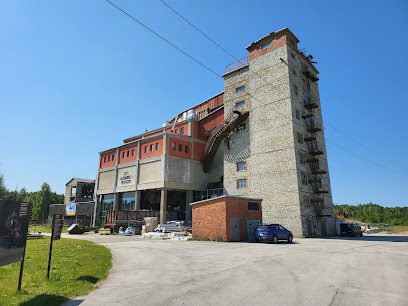
Hotel Wironia
Discover warm hospitality and modern comfort at Hotel Wironia, your perfect base in Jõhvi, Ida-Viru County.

Jõhvi Jumalailmutamise apostliku õigeusu kirik
Discover the architectural beauty and rich spiritual heritage of Jõhvi Jumalailmutamise Apostliku Õigeusu Kirik in Estonia, a must-visit for all travelers.
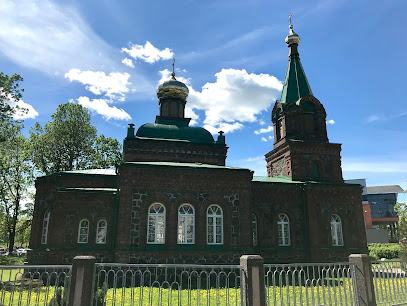
Estonian Evangelical Lutheran Church Of Jõhvi
Discover the architectural beauty and serene ambiance of the Estonian Evangelical Lutheran Church in Jõhvi, a must-visit cultural landmark.
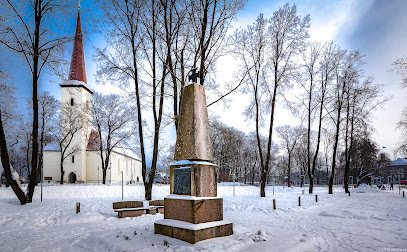
Jõhvi kiriku muuseum
Discover the rich history and cultural heritage of Estonia at Jõhvi Church Museum, a captivating tourist attraction in Ida-Viru County.
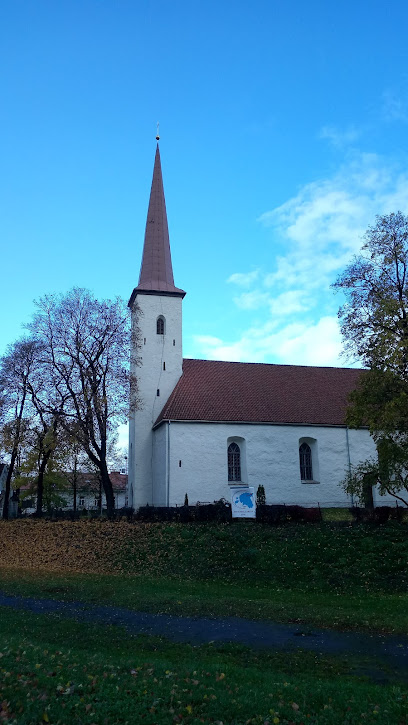
Jõhvi Municipality Government
Explore Jõhvi Municipality Government, where local governance meets community spirit in the heart of Estonia's vibrant Ida-Viru County.
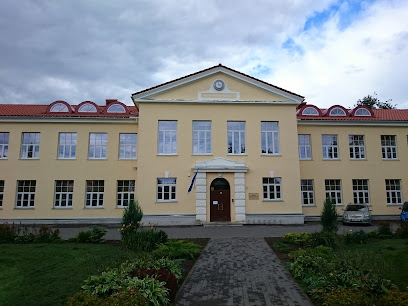
Monument to the War of Independence in Jõhvi
Discover the profound history at the Monument to the War of Independence in Jõhvi, a tribute to Estonia's brave fight for freedom.
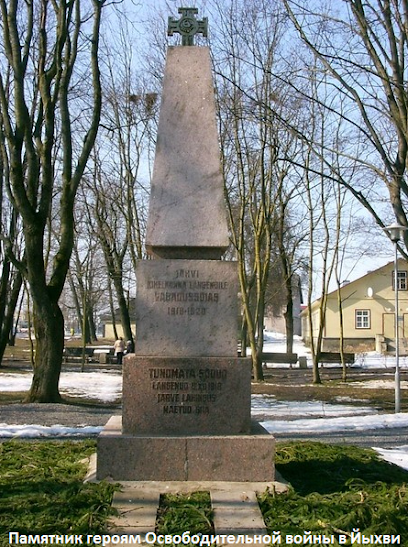
Jõhvi rahva jalgpallimuuseum
Explore the heart of Estonian football culture at Jõhvi Rahva Jalgpallimuuseum, where history meets community spirit.
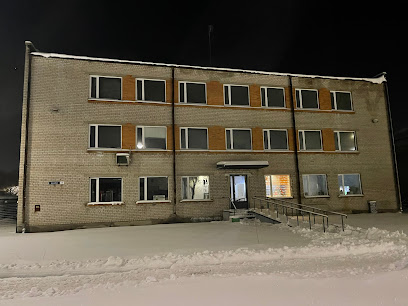
Vabadussõja Järve lahingu mälestussammas
Explore the Vabadussõja Järve Battle Memorial, a historical landmark honoring Estonia's fight for independence amid stunning natural beauty.
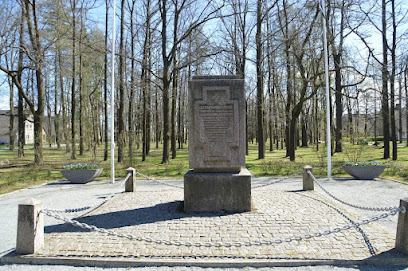
Keskväljak
Discover the vibrant Keskväljak Town Square in Jõhvi, where culture, community, and history come together in the heart of Ida-Viru County.
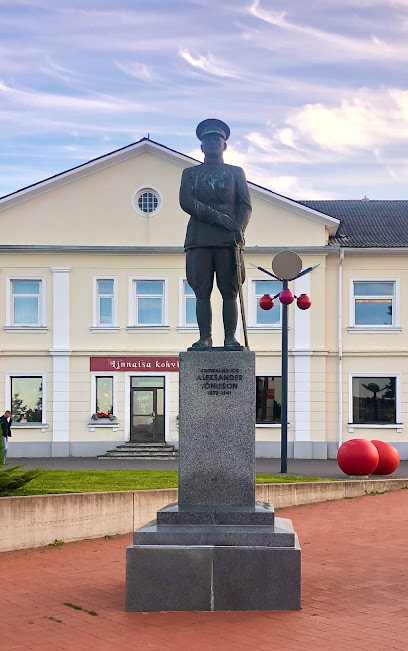
Jõhvi vaatluskoht
Experience breathtaking vistas at Jõhvi Vaatluskoht, the perfect observation deck in Estonia's picturesque Ida-Viru County, ideal for nature lovers and photographers.
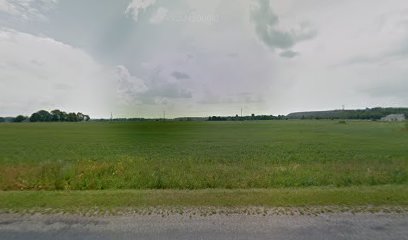
Unmissable attractions to see
Narva Muuseum
Explore the rich heritage and captivating stories of Narva at the Narva Muuseum, a cultural gem in Estonia's historical landscape.
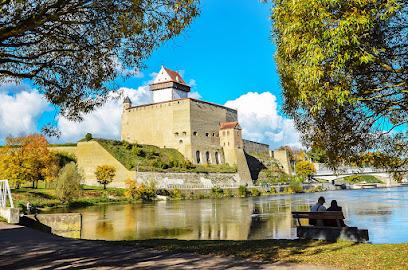
Valaste Waterfall
Discover the breathtaking Valaste Waterfall, Estonia's tallest waterfall, nestled in the serene landscapes of Ida-Viru County, a must-visit for nature lovers.
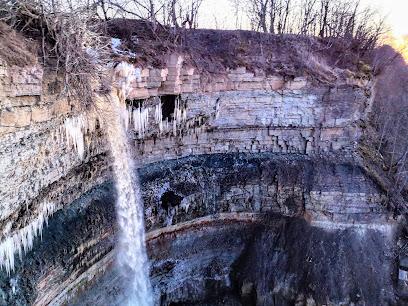
Victoria Bastion Casemates
Explore the Victoria Bastion Casemates, a historical gem in Narva, where military architecture and rich history come alive.
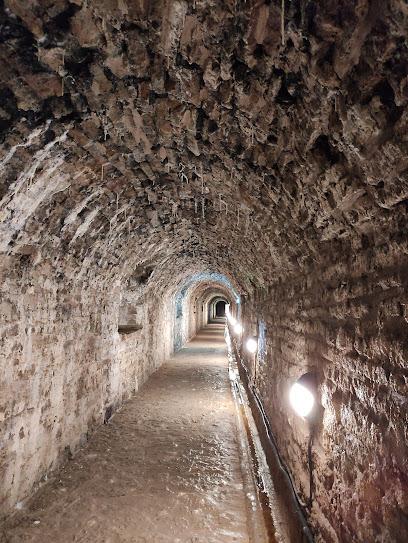
Alexander's Cathedral
Discover the beauty of Alexander's Cathedral in Narva, a stunning example of neo-Byzantine architecture and a peaceful cultural landmark.
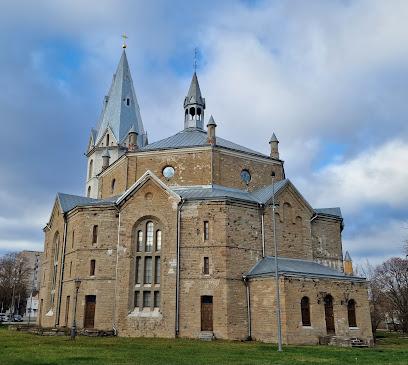
Estonian Evangelical Lutheran Church Of Jõhvi
Experience the serene beauty and rich history of the Estonian Evangelical Lutheran Church in Jõhvi, a stunning neo-Gothic architectural gem.
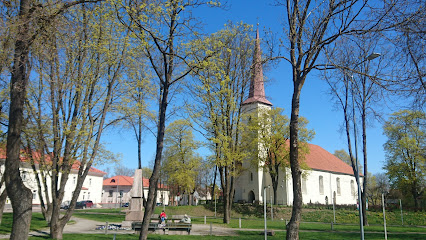
Jõhvi kiriku muuseum
Explore the Jõhvi Church Museum and uncover the rich history and culture of Estonia through its captivating exhibits and stunning artifacts.
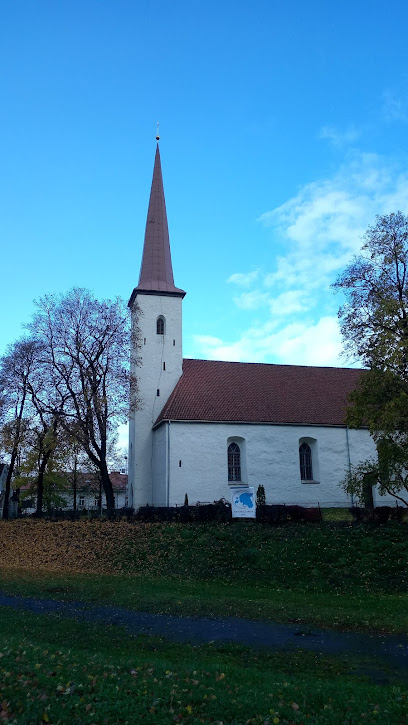
Jõhvi Muusikaväljak
Experience the vibrant music culture at Jõhvi Muusikaväljak, a captivating destination in Jõhvi, Estonia, perfect for music lovers and culture seekers.
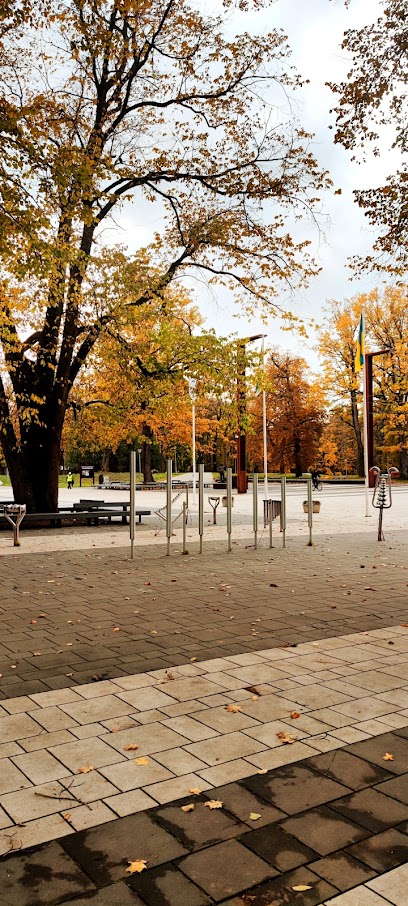
Jõhvi Linna park.
Explore Jõhvi Linna Park: A serene urban escape in Estonia with lush greenery, vibrant flowers, and recreational activities for all.
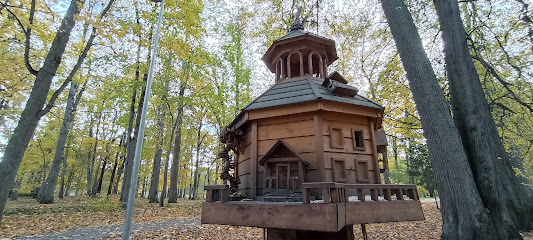
Jõhvi veski
Experience the serene beauty of Jõhvi Veski, a hidden gem in Estonia's Ida-Viru County, perfect for nature lovers and peaceful retreats.
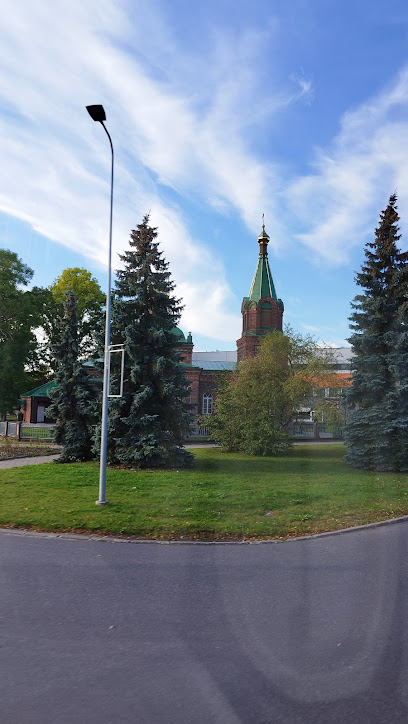
Jõhvi kalmistu kabel
Explore the serene Jõhvi Kalmistu Kabel in Estonia, a peaceful cemetery chapel rich in history and natural beauty.
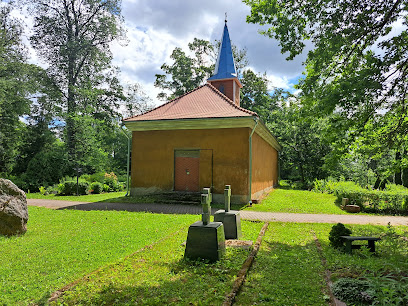
Jõhvi rahva jalgpallimuuseum
Discover the rich history and cultural significance of football in Estonia at the Jõhvi Football Museum, a must-visit for all sports enthusiasts.
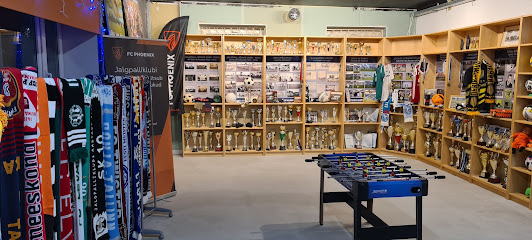
Johvis siil
Discover Johvis Siil in Jõhvi, a captivating tourist attraction blending nature, art, and local culture in the heart of Estonia.
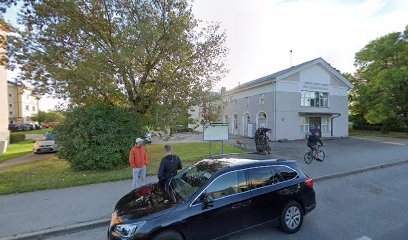
Vintage street art
Explore the captivating vintage street art in Jõhvi, a vibrant outdoor gallery reflecting creativity and culture in every mural.
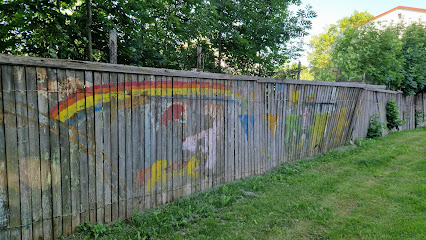
MountainBORIS
Discover the natural beauty and adventure at MountainBORIS in Jõhvi, a top destination for outdoor enthusiasts in Estonia.

MountainBORISJohnson
Experience the natural beauty and diverse hiking trails at MountainBORISJohnson in Estonia's stunning Ida-Viru County.

Essential places to dine
Gruusia trahter Mimino
Savor authentic Georgian cuisine at Gruusia trahter Mimino in Jõhvi - where tradition meets flavor in every dish.
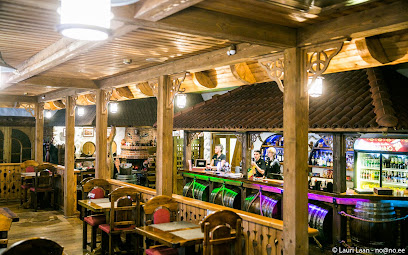
Wironia Pubi
Savor authentic Estonian cuisine at Wironia Pubi in Jõhvi - where tradition meets flavor in a cozy atmosphere.
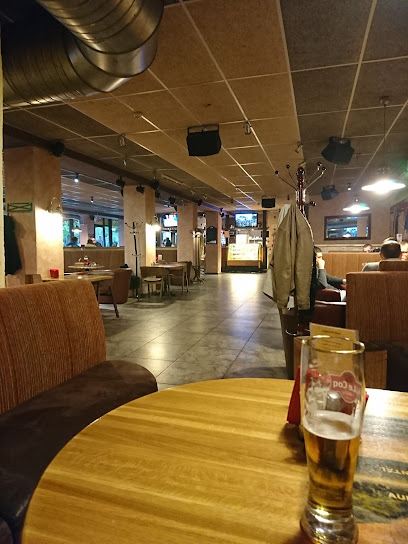
Ocean Sushi- Baar
Experience the best of Japanese cuisine at Ocean Sushi in Jõhvi - where fresh flavors meet exceptional quality.
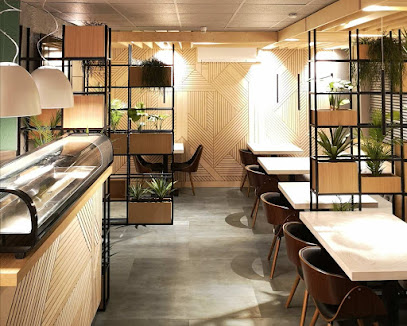
Tulivee restoran (Trogar OÜ)
Experience authentic Estonian cuisine at Tulivee Restaurant - where local flavors meet breathtaking views in Liimala.
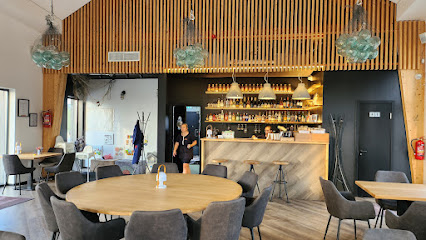
Hesburger Tsentraal
Discover delicious fast food at Hesburger Tsentraal in Jõhvi - where every bite brings joy!
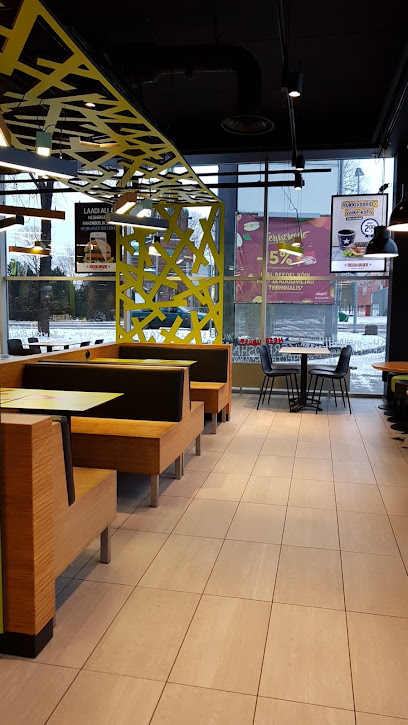
Restoran L.A.K
Discover authentic Japanese flavors at Restoran L.A.K in Jõhvi - where every sushi roll is a culinary masterpiece waiting to be savored.
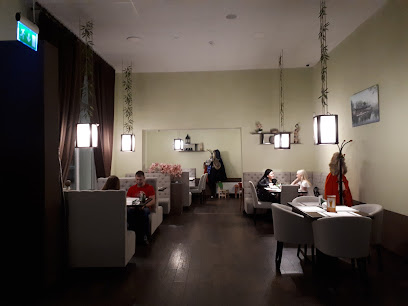
Restaurant Aroma
Discover the flavors of Asia at Restaurant Aroma in Jõhvi – where culinary tradition meets modern dining.
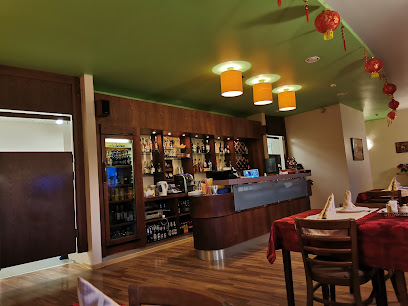
Taverna ašot
Experience authentic Estonian cuisine at Taverna ašot in Kohtla-Järve – where tradition meets flavor in every dish.
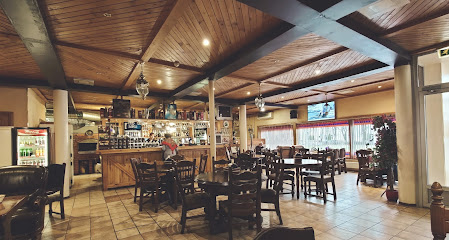
Monk Jõhvi
Discover authentic Asian cuisine at Monk Jõhvi – where every dish tells a story and flavors come alive in every bite.
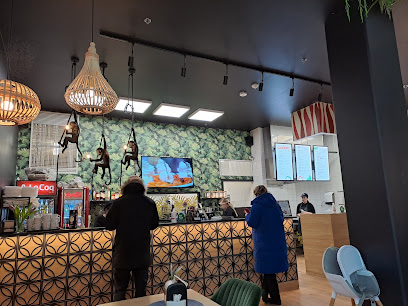
Alzur Grand Cafe
Experience the best of Estonian cuisine at Alzur Grand Cafe in Jõhvi—a must-visit spot for every traveler seeking comfort and flavor.
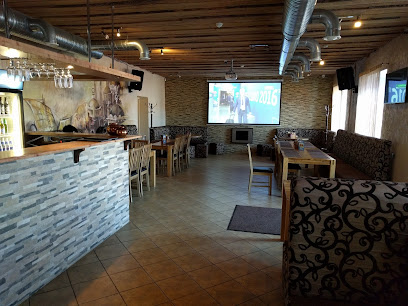
Restoran Mio Mare
Experience exquisite local cuisine at Restoran Mio Mare in Toila Spa, where breathtaking views meet culinary excellence.
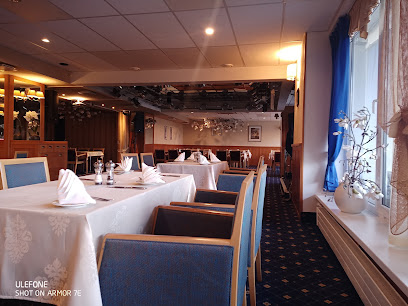
Restoran Gioventu
Experience authentic Estonian flavors at Restoran Gioventu in Narva-Jõesuu – where every meal is a celebration of taste.
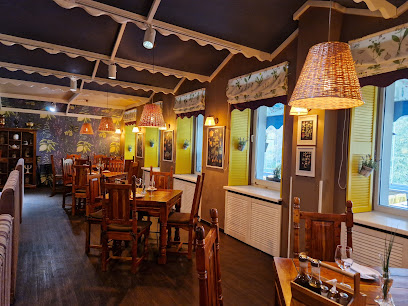
Jõhvi Pizzakiosk
Discover mouthwatering pizzas at Jõhvi Pizzakiosk - where tradition meets flavor in every slice.
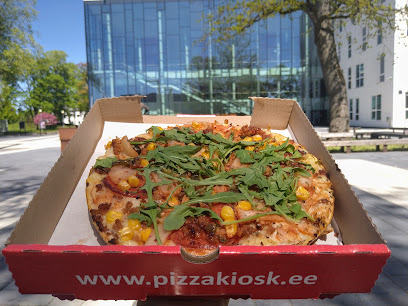
Hesburger Vironia keskus
Experience delicious fast food at Hesburger Vironia Keskus in Kohtla-Järve – perfect for travelers craving quick bites.
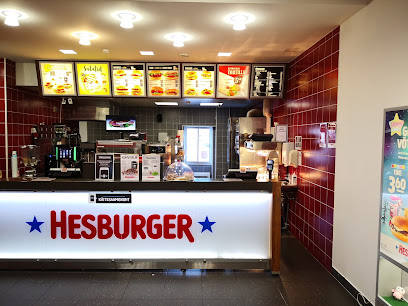
Anne kauplus
Experience the best of Jõhvi with fresh groceries and gourmet hamburgers at Anne Kauplus – where quality meets flavor.
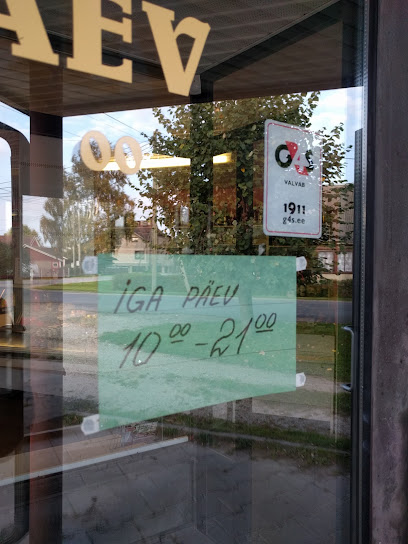
Markets, malls and hidden boutiques
Jewe Center
Explore the Jewe Center in Jõhvi for a diverse shopping experience, delightful dining, and community-focused events in a modern setting.
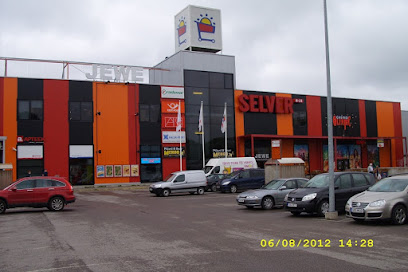
Jõhvikas
Experience the vibrant shopping scene at Jõhvikas in Jõhvi, Estonia, where diverse shops and delightful dining await every visitor.
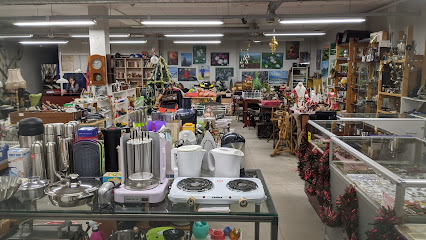
Grossi Toidukaubad
Discover local flavors and international delights at Grossi Toidukaubad, the premier grocery store in Jõhvi, Estonia.
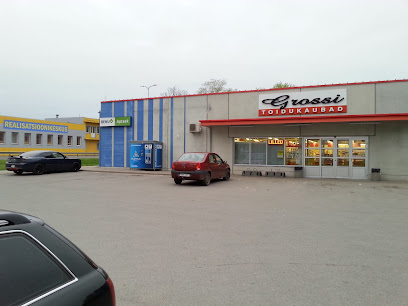
Realiseerimiskeskus Jõhvi
Experience the joy of budget-friendly shopping at Realiseerimiskeskus Jõhvi, a discount store offering a vast selection of unique items for every traveler.
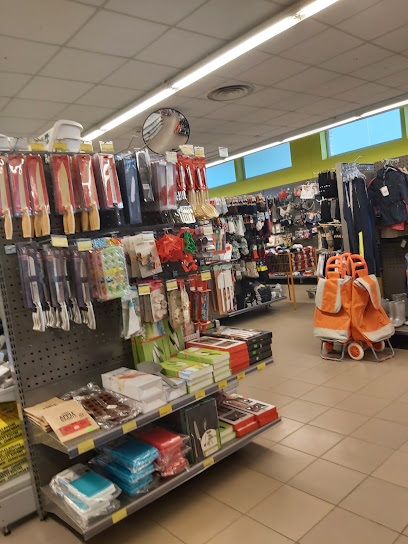
Kauplus Magaziin Jõhvi
Explore Kauplus Magaziin Jõhvi for a unique selection of home goods that reflect the charm and quality of Estonian craftsmanship.
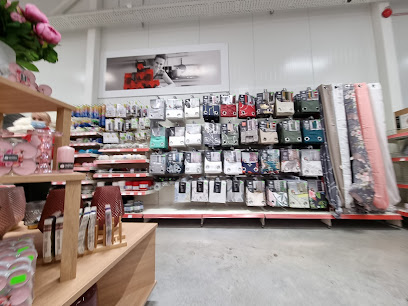
Home4you Jõhvi JEWE Keskuses
Explore a diverse selection of stylish and functional furniture at Home4you Jõhvi, Estonia's premier furniture store in JEWE Keskuses.
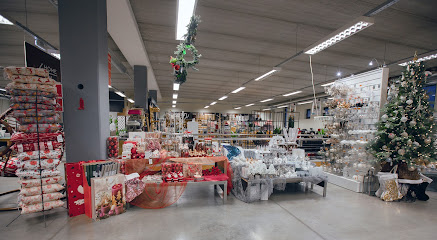
Sportland
Discover Sportland in Jõhvi for the latest in sportswear and exceptional gear tailored for every active lifestyle.
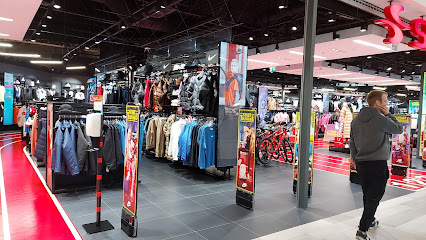
JYSK
Explore JYSK in Jõhvi for stylish and affordable Scandinavian furniture that enhances your living spaces.
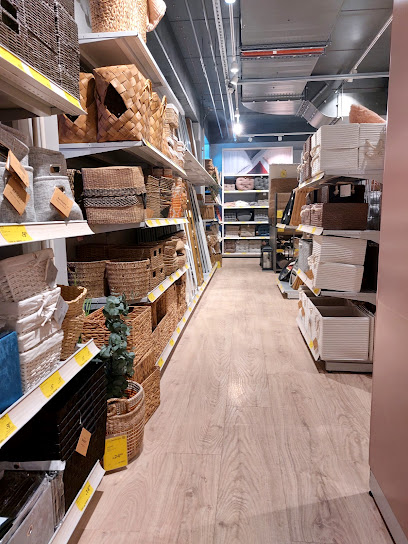
Pere pood
Explore local flavors and everyday essentials at Pere Pood, the charming grocery store in Jõhvi, Estonia.
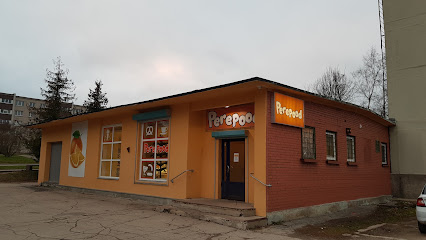
Vape Street - E-sigarettide pood
Explore Vape Street in Jõhvi for a premium selection of vaporizers and expert advice in a cozy, inviting atmosphere.
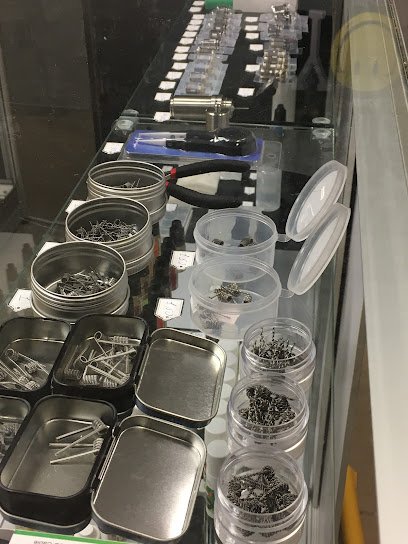
H&M
Discover trendy fashion at affordable prices at H&M in Jõhvi, the perfect shopping destination for style seekers.
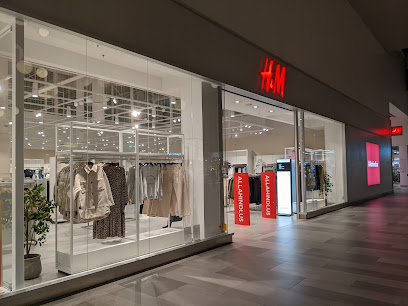
Jõhvi Uuskasutuskeskus
Explore Jõhvi Uuskasutuskeskus for unique second-hand finds and experience sustainable shopping in the heart of Estonia's vibrant local culture.

ecoCBD
Experience nature's healing powers at ecoCBD in Jõhvi, the premier herb shop for natural wellness enthusiasts and curious tourists alike.
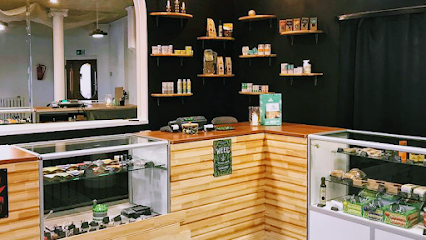
Noto Pro Jõhvi
Explore Noto Pro Jõhvi for unique Estonian crafts and contemporary goods in a welcoming shopping environment.
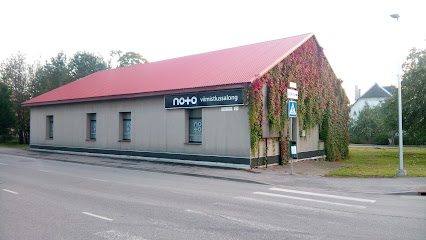
Humana
Explore sustainable fashion at Humana in Jõhvi, where pre-loved clothing meets unique style and eco-conscious shopping.
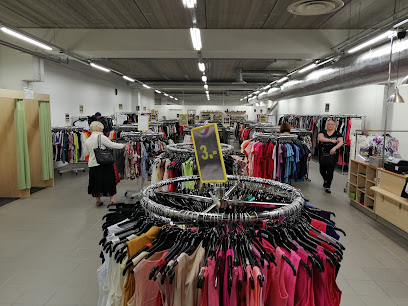
Essential bars & hidden hideouts
Gruusia trahter Mimino
Discover the authentic taste of Georgian cuisine at Gruusia Trahter Mimino in Jõhvi, where every dish tells a story of flavor and tradition.
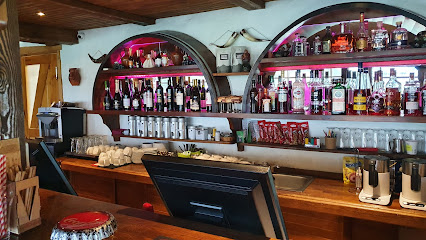
Wironia Pubi
Experience the best of Estonian cuisine at Wironia Pubi in Jõhvi, where tradition meets modernity in a cozy setting.
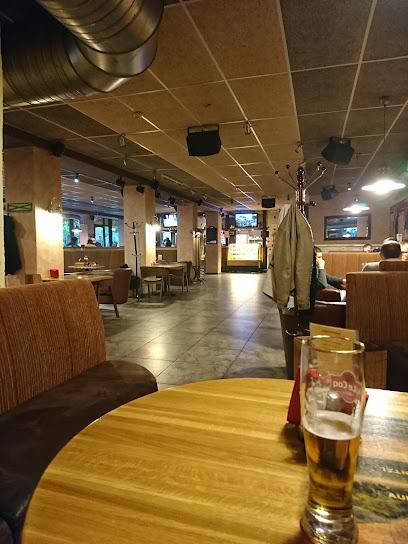
Ocean Sushi- Baar
Discover the taste of Japan at Ocean Sushi in Jõhvi, where fresh ingredients meet culinary artistry for an unforgettable dining experience.
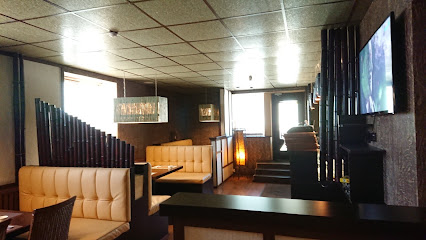
Alzur Grand Cafe
Experience the heart of Jõhvi at Alzur Grand Cafe, where delightful flavors and a warm atmosphere come together for an unforgettable dining experience.
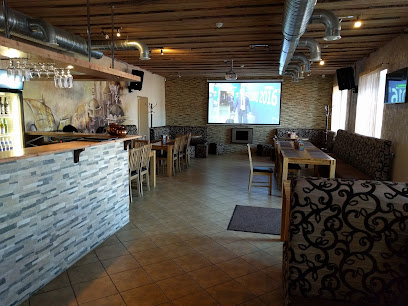
Vanameistri pubi
Discover the vibrant atmosphere and local flavors at Vanameistri Pubi in Jõhvi, where every visit is a celebration of Estonian culture.
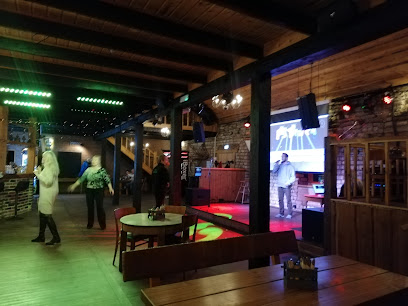
Jõhvi Kelder Pub & Baar
Experience the warmth of Estonian hospitality at Jõhvi Kelder Pub & Baar, where great drinks and local culture meet in a cozy atmosphere.
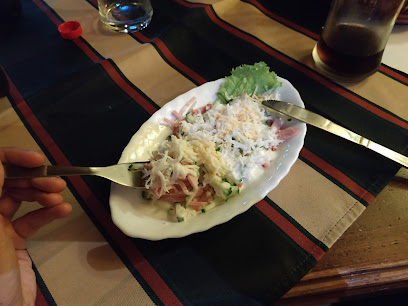
Vagon Baar
Discover the energetic nightlife of Vagon Baar in Kohtla-Järve, where great drinks and lively ambiance await every visitor.
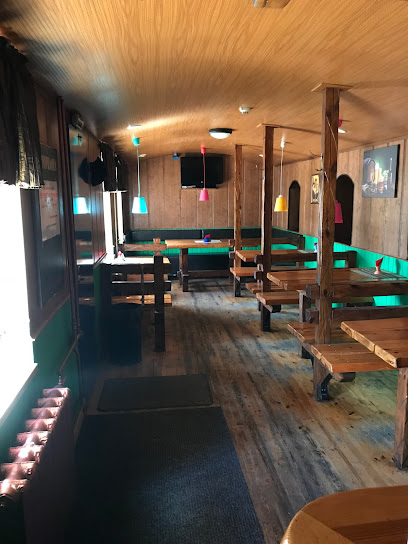
Jõhvi Bowling
Experience the excitement of bowling and the lively atmosphere at Jõhvi Bowling, the ultimate sports bar for fun and relaxation.
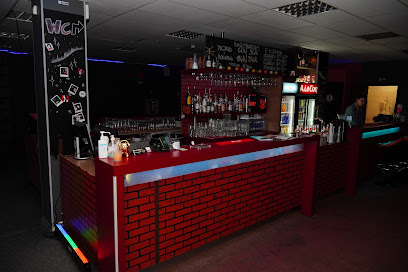
Aman-Zaman
Experience the vibrant nightlife and a diverse drink selection at Aman-Zaman, a top bar in Kohtla-Järve offering a cozy and welcoming atmosphere.
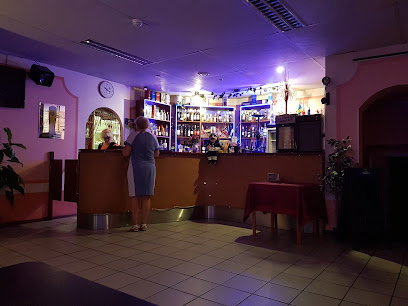
Goddess Hookah
Discover a unique hookah experience in Jõhvi, where relaxation meets culture in a vibrant setting.
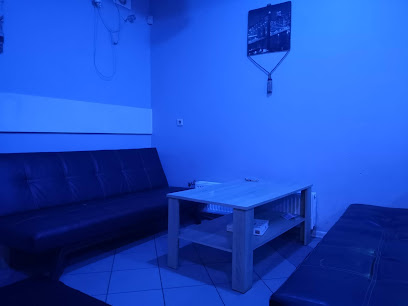
Söökla
Discover Söökla in Jõhvi - a captivating catering spot offering fresh local flavors and a warm, welcoming atmosphere for every visitor.
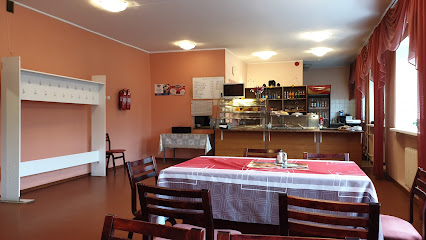
Leo Baar
Discover Leo Baar in Jõhvi, a cozy bar offering a delightful selection of drinks and a warm atmosphere, perfect for unwinding after exploring!
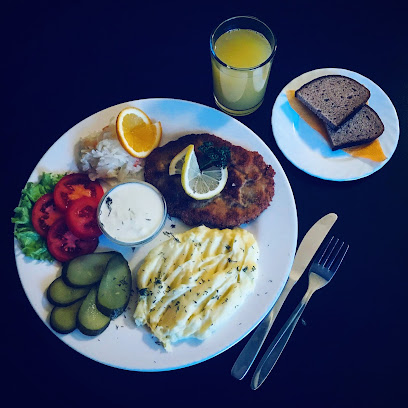
L'Amour
Experience the vibrant nightlife of Jõhvi at L'Amour, where great drinks and a lively atmosphere create unforgettable moments.
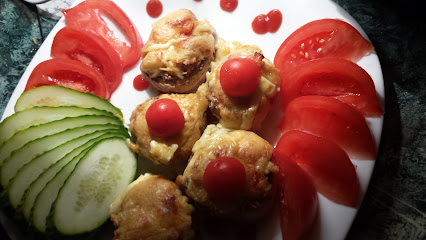
Billimor Piljardipubi
Explore the unique culinary blend of sushi and traditional pub fare at Billimor Piljardipubi in Jõhvi, a must-visit for every traveler.
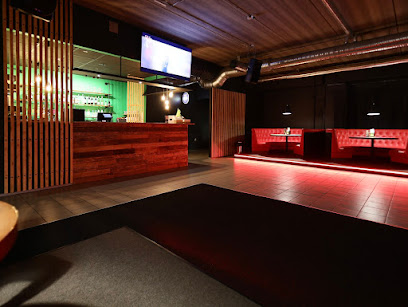
Local Phrases
-
- HelloTere
[teh-reh] - GoodbyeHead aega
[hed ah-gah] - YesJah
[yah] - NoEi
[ay] - Please/You're welcomePalun
[pah-loon] - Thank youAitäh
[eye-tah] - Excuse me/SorryVabandust
[vah-bahn-doost] - How are you?Kuidas sul läheb?
[kwee-dahs sool leh-heb] - Fine. And you?Hästi. Ja sina?
[hah-stee. yah see-nah] - Do you speak English?Kas te räägite inglise keelt?
[kahs teh raah-gee-teh eeng-lee-seh kehlt] - I don't understandMa ei saa aru
[mah ay sah ah-roo]
- HelloTere
-
- I'd like to see the menu, pleaseMa sooviksin menüüd näha, palun
[mah soh-veek-seen meh-nyoo-d nah-hah, pah-loon] - I don't eat meatMa ei söö liha
[mah ay suh lee-hah] - Cheers!Terviseks!
[ter-vee-seks] - I would like to pay, pleaseMa tahaksin maksta, palun
[mah tah-hah-ksin mahk-stah, pah-loon]
- I'd like to see the menu, pleaseMa sooviksin menüüd näha, palun
-
- Help!Aidake!
[eye-dah-keh] - Go away!Minge ära!
[meen-geh ah-ra] - Call the Police!Helistage politseisse!
[heh-lee-stah-geh poh-lee-tseh-ees-seh] - Call a doctor!Helistage arstile!
[heh-lee-stah-geh ahrs-tee-leh] - I'm lostMa olen eksinud
[mah oh-lehn ehk-see-nood] - I'm illMa olen haige
[mah oh-lehn hah-ee-geh]
- Help!Aidake!
-
- I'd like to buy...Ma tahaksin osta...
[mah tah-hah-ksin oh-stah] - I'm just lookingMa vaatan ainult
[mah vah-tahn ah-ee-noolt] - How much is it?Kui palju see maksab?
[kwee pahl-yoo seh mahk-sahb] - That's too expensiveSee on liiga kallis
[seh ohn lee-gah kahl-lees] - Can you lower the price?Kas saate hinda allapoole teha?
[kahs sah-teh heen-dah ahl-lah-poh-oh-leh teh-hah]
- I'd like to buy...Ma tahaksin osta...
-
- What time is it?Mis kell on?
[mees kehl ohn] - It's one o'clockOn üks tund
[oh-n uks toond] - Half past (10)Pool (10)
[pohl (dah-tehs-kuhmmend)] - MorningHommik
[hohm-meek] - AfternoonPärastlõuna
[pah-rahst-loh-nah] - EveningÕhtu
[oht-hoo] - YesterdayEile
[ay-leh] - TodayTäna
[tah-nah] - TomorrowHomme
[hohm-meh] - 1Üks
[ooks] - 2Kaks
[kahks] - 3Kolm
[kohlm] - 4Neli
[neh-lee] - 5Viis
[vees] - 6Kuus
[koos] - 7Seitse
[siteh-seh] - 8Kaheksa
[kah-hehk-sah] - 9Üheksa
[u-hehk-sah] - 10Kümme
[koom-meh]
- What time is it?Mis kell on?
-
- Where's a/the...?Kus on...?
[koos ohn] - What's the address?Mis on aadress?
[mees ohn ah-ah-drehss] - Can you show me (on the map)?Kas saate mulle näidata (kaardil)?
[kahs sah-teh mool-leh nah-ee-dah-tah kah-ahr-deel] - When's the next (bus)?Millal on järgmine (buss)?
[meel-lahl ohn yairg-mee-neh booss] - A ticket (to ....)Pilet (....)
[pee-leht]
- Where's a/the...?Kus on...?
History of Jõhvi
-
Jõhvi's history dates back to the early Middle Ages, with the first documented mention appearing in 1241 in the Danish Census Book. The town's strategic location made it a significant settlement for trade and defense in the region. Archaeological findings indicate that the area was inhabited even earlier, with traces of ancient Estonian tribes residing in the vicinity.
-
The Jõhvi Church, dedicated to St. Michael, is one of the oldest and most important landmarks in the town. Built in the 13th century, it served not only as a place of worship but also as a fortress during times of conflict. The church's thick walls and defensive features are a testament to its dual purpose, offering refuge to the local population during invasions.
-
Throughout its history, Jõhvi has been under various foreign dominions, including Swedish and Russian rule. The Great Northern War in the early 18th century saw Jõhvi and the surrounding areas come under the control of the Russian Empire. This period brought significant changes to the town's administrative and social structures, influencing its development for centuries to come.
-
The late 19th and early 20th centuries marked a period of industrial growth for Jõhvi. The discovery of rich oil shale deposits in the region spurred economic development, leading to the establishment of several mining operations. This boom transformed Jõhvi into an important industrial hub in Estonia, attracting labor and investment to the area.
-
Jõhvi's strategic importance made it a focal point during World War II. The town suffered significant damage during the war and subsequently fell under Soviet occupation. The post-war period saw extensive reconstruction efforts, with Soviet authorities implementing policies that reshaped the town's infrastructure and demographics.
-
With the collapse of the Soviet Union in 1991, Jõhvi became part of the newly independent Republic of Estonia. The town has since undergone significant modernization, with investments in infrastructure, culture, and tourism. Today, Jõhvi is a vibrant community that honors its rich history while looking towards a prosperous future.
-
Jõhvi is home to several cultural landmarks, including the Jõhvi Concert Hall, which hosts a variety of performances and events. The town also celebrates numerous festivals, such as the Jõhvi Ballet Festival, which attracts visitors from across Estonia and beyond. These cultural activities reflect Jõhvi's commitment to preserving and promoting its artistic heritage.
Jõhvi Essentials
-
Jõhvi is located in northeastern Estonia. The nearest international airport is Lennart Meri Tallinn Airport in the capital city, Tallinn, approximately 165 kilometers away. From Tallinn, you can take a bus or a train directly to Jõhvi. Buses are frequent, and the journey typically takes around 2.5 hours. Alternatively, the train offers a comfortable and scenic route, taking about 2 hours. Car rentals are also available at the airport if you prefer to drive.
-
Jõhvi is a small town, and many of its attractions are within walking distance. For longer trips within the town and to nearby areas, local buses and taxis are readily available and affordable. The bus station and train station are centrally located, making it easy to navigate. Renting a bicycle is another great option for exploring the town at your own pace.
-
The official currency in Estonia is the Euro (EUR). Credit cards are widely accepted in hotels, restaurants, and shops in Jõhvi. ATMs are available throughout the town for cash withdrawals. It's advisable to carry some cash for smaller establishments or market purchases.
-
Jõhvi is generally a safe destination for tourists. However, like any other place, it is important to take standard precautions. Avoid walking alone at night in poorly lit areas and be vigilant of your surroundings. There are no specific high-crime areas targeting tourists, but it's always best to keep an eye on your belongings in crowded places.
-
In case of emergency, dial 112 for immediate assistance, which covers police, ambulance, and fire services. The local police station and medical facilities are available in Jõhvi. It is highly recommended to have travel insurance that covers medical emergencies. Pharmacies are available in the town for minor health issues and over-the-counter medications.
-
Fashion: Do dress in layers, as the weather can be unpredictable. Avoid overly casual attire when dining at nicer restaurants. Religion: Do be respectful when visiting religious sites. Cover your head and shoulders when entering churches. Public Transport: Do validate your ticket before boarding buses. Don't talk loudly or disturb other passengers. Greetings: Do greet people with a friendly 'Tere' (Hello) and a handshake. Eating & Drinking: Do try local dishes like 'Verivorst' (blood sausage) and 'Kama' (traditional dessert). Don't refuse food or drink offerings as it may be considered impolite.
-
To experience Jõhvi like a local, visit the local markets where you can buy fresh produce and traditional Estonian goods. Participate in local events and festivals to immerse yourself in the culture. Engage with locals, who are often friendly and eager to share their knowledge about the town's history and traditions. Don't miss visiting the Jõhvi Concert Hall for cultural performances and the Jõhvi Church for its stunning architecture. For a unique experience, explore the Alutaguse National Park nearby, which offers beautiful landscapes and outdoor activities.
Trending Landmark in Jõhvi
-
Eesti Kaevandusmuuseum
-
Hotel Wironia
-
Jõhvi Jumalailmutamise apostliku õigeusu kirik
-
Estonian Evangelical Lutheran Church Of Jõhvi
-
Jõhvi kiriku muuseum
-
Jõhvi Municipality Government
-
Monument to the War of Independence in Jõhvi
-
Jõhvi rahva jalgpallimuuseum
-
Vabadussõja Järve lahingu mälestussammas
-
Keskväljak
-
Jõhvi vaatluskoht
Nearby Cities to Jõhvi
-
Things To Do in Rakvere
-
Things To Do in Tartu
-
Things To Do in Paide
-
Things To Do in Tallinn
-
Things To Do in Porvoo
-
Things To Do in Viljandi
-
Things To Do in Rapla
-
Things To Do in Helsinki
-
Things To Do in Võru
-
Things To Do in Espoo
-
Things To Do in Valga
-
Things To Do in Pärnu
-
Things To Do in Lahti
-
Things To Do in Haapsalu
-
Things To Do in Cesis








